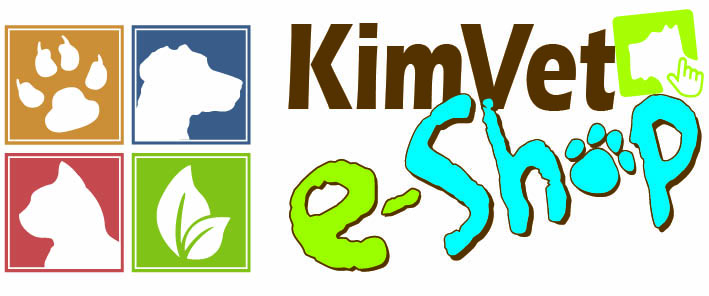
The Dangers of Giving Human Medication to Pets
Human Medication and Our Pets
Some pet owners may mistakenly think that the medications used to treat human symptoms will work for animals as well. In most instances, this is not the case.
Never give your pet human medication, even something as simple as aspirin can be lethal to your pet. Products such as acetaminophen and any aspirin product can cause stomach bleeding. Medications such as birth control and vitamins can also cause internal bleeding.
Cats tend to be attracted to unusual flavours. So keep them away from calamine lotion, diaper-rash ointments, sun-block and analgesic ointments. These products contain an acid related to those in aspirin and will prove toxic if ingested.
Poisoning in Cats
Cats and human medication very rarely actually work well together; even in tiny doses it can be extremely harmful.
Whether a cat accidentally chews into a pill bottle or a well-intentioned pet owner accidentally switches medications (giving their pet a human medication), pet poisonings due to human medications are common and can be very serious.
Pets metabolise medication very differently from people.
Even seemingly benign over-the-counter or herbal medications may cause serious poisoning in pets.
Human medicines that are potentially poisonous to cats are Paracetamol, antidepressants, Ibuprofen, Aspirin, ADD/ADHD medications, some laxatives, Betadine and Dettol, sleep aids, birth control pills, blood pressure tablets, thyroid hormones and cholesterol lowering agents.
Paracetamol is often given to cats in a caring, but misguided attempt to relieve pain. It is highly dangerous to cats and just one tablet is enough to cause severe illness or death.
Signs of paracetamol poisoning include depression, vomiting, swelling of the face and paws and a slightly blue discolouration of the skin.
An effective antidote is available but must be used very soon after the cat has taken the tablet.
Never use dog products on cats!
While flea and tick treatments work well for dogs, the Pyrethrin in dog powder can be highly toxic and potentially fatal for cats. Poisoning can arise when cats are accidentally treated with dog flea products or if they groom themselves or other animals treated with the product.
Cats may salivate a great deal, be thirsty and have a high temperature and tremors or convulsions – urgent veterinary advice is essential.
Always read treatment labels carefully. Products that contain Pyrethrins or Pyrethroids should be avoided at all costs.
Some of the most common signs of poisoning include:
Gastrointestinal signs (vomiting and diarrhoea), neurological signs (tremors, incoordination, seizures, excitability, depression), respiratory signs (coughing, sneezing, difficulty breathing), skin signs (inflammation, swelling), liver failure (jaundice, vomiting) and kidney failure (increased drinking, loss of appetite and weight loss).
Some poisons act on more than one body system and can produce any combination of the above signs.
Pet medication is designed to taste delicious so that animals will eat it. Even the fussiest pet might be tempted. The physical damage of accidental ingestion of medication can be very serious – particularly if the dose is for an animal three or four times bigger in size.
To Avoid Accidental Poisonings:
Always keep medications safely out of reach of your pet. NEVER administer a medication to a pet without first consulting your veterinarian.
Never leave loose pills in plastic bags – the bags are too easy to chew into.
If you place your medication in a weekly pill container, make sure to store the container in a cabinet out of reach of your pet.
Hang your bag up.
Inquisitive pets will explore the contents of your bag and simply placing your bag up and out of reach can help to avoid exposure to any potentially dangerous medication.
If you suspect that you have accidentally given your pet the wrong medication, contact your vet for advice immediately! Make sure you know when, where and how the poisoning occurred, you can even take the packaging or substance with you to the vet.
For more information on other poisons that are harmful to pets, check out our blog post – https://kimvet.co.za/pet-poisonings/
Resources:

